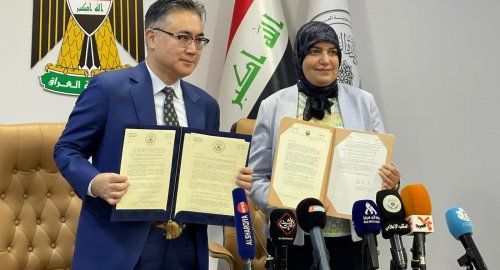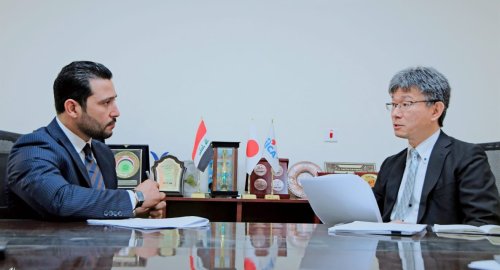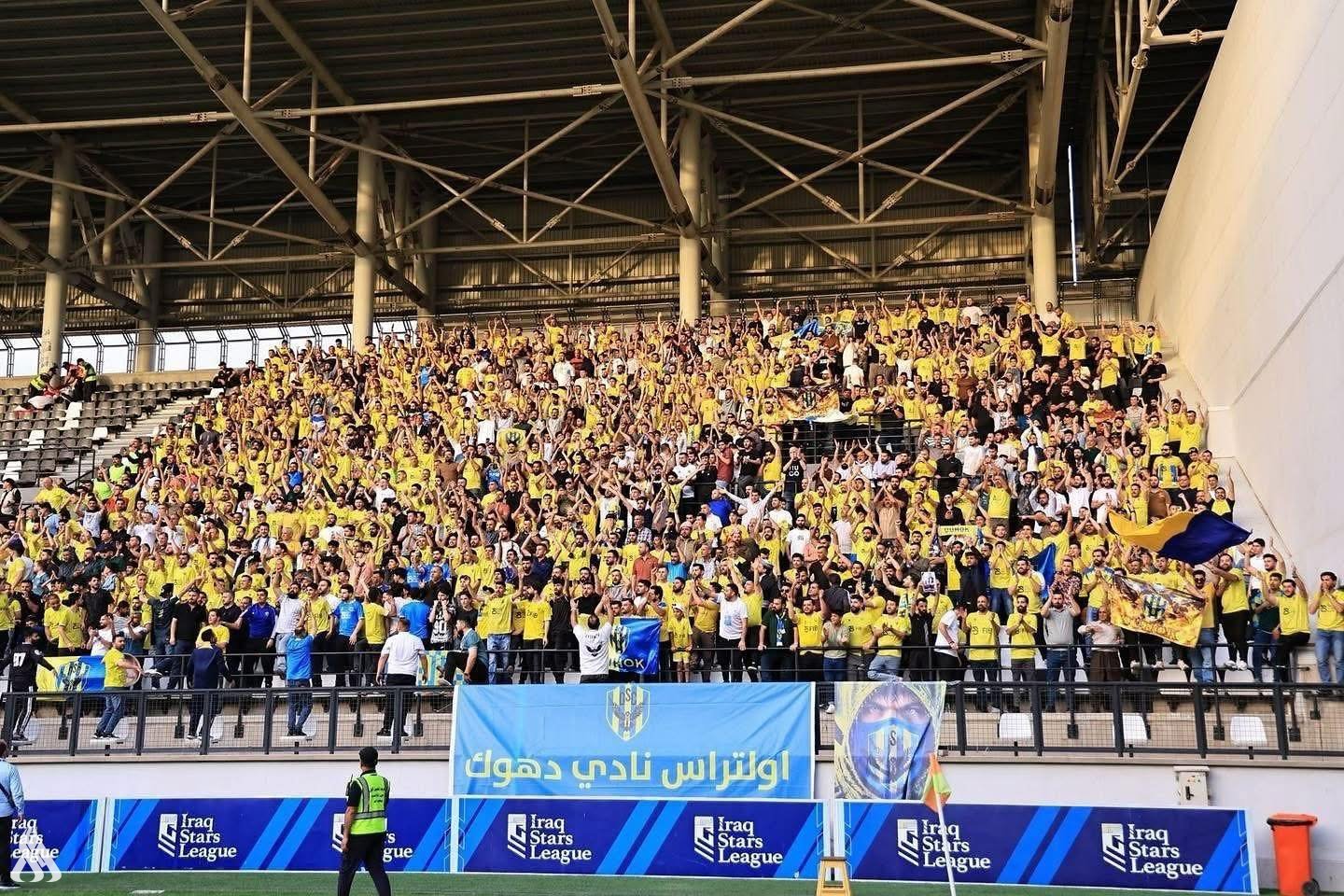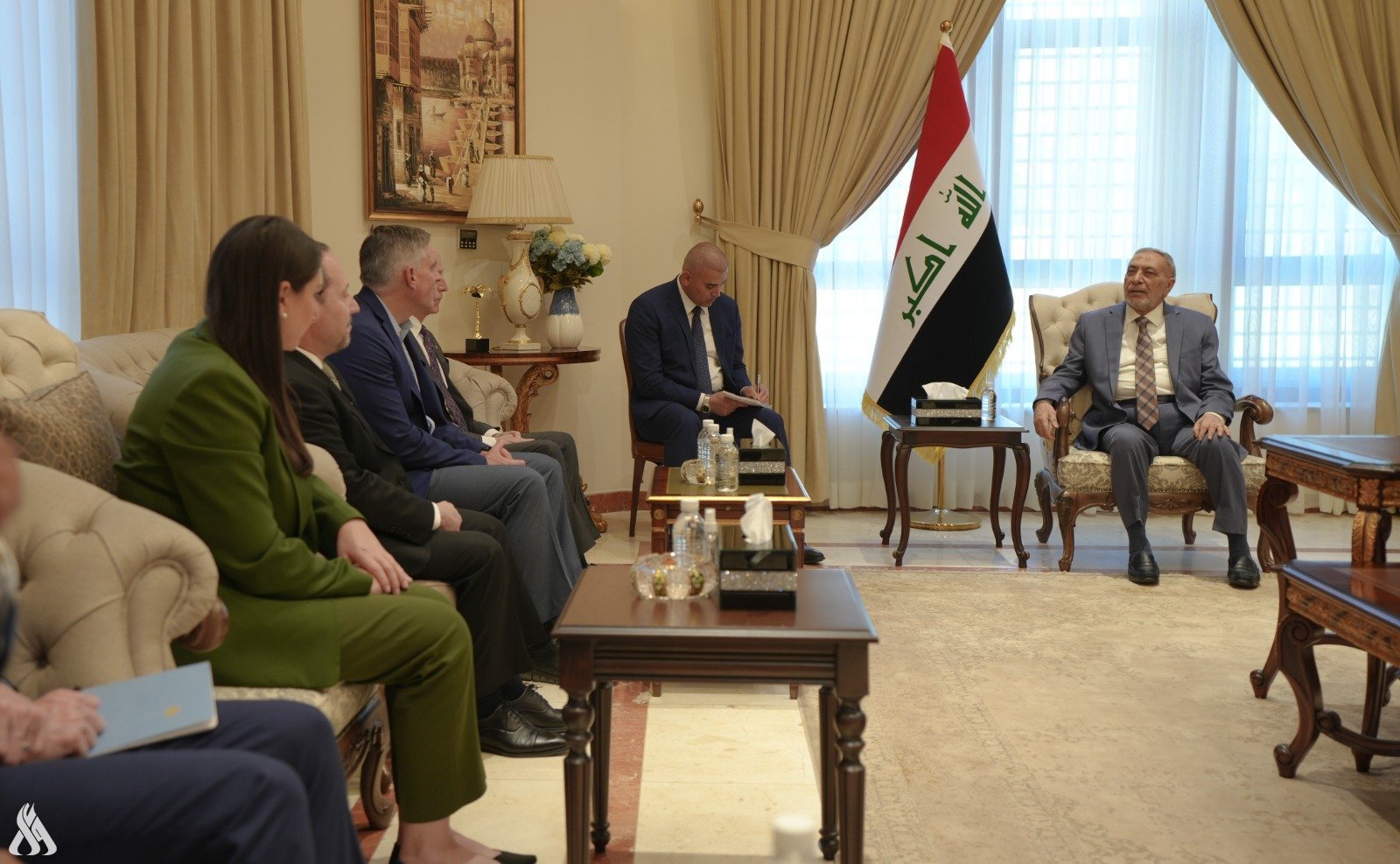
Minister of Finance signs with the Japanese Embassy the fifth installment of the loan to develop Basra Refinery

- 16-08-2023, 13:02
INA- Baghdad
Finance Minister Taif Sami announced on Wednesday the signing of an agreement with the Japanese embassy to finance the fifth phase of the Basra refinery development project, within the Japanese loan.
Sami said, in a speech during the signing of the agreement and attended by the reporter of the Iraqi News Agency (INA): "Today, we signed the fifth phase of the agreement to develop the Basra refinery in the amount of 203 million Japanese yen, equivalent to about one thousand and 433 million US dollars, which is included in the general budget for the year 2023," stressing that "the refinery will help revitalize the private sector and the energy industry and provide job opportunities for the Iraqi people once it is completed."
"The refinery helps to achieve sufficiency in oil products in the Iraqi market, instead of imports, in addition to bridging the gap between supply and demand for oil derivatives," she said.
"The project is vital and reduces the environmental burden by introducing a catalyst cracking process that desulfurizes light gas oil," she said.
In turn, Japanese Ambassador to Iraq Futoshi Matsumoto said in a speech during the signing: "Today we sign an agreement to provide the fifth installment of the yen loan for the Basra Refinery Development Project, worth one thousand and 433 million US dollars."
Matsumoto added that "the project aims to modernize Basra's existing refinery by installing a new plant called the Fluid Cracker Complex (FCC), which can convert oil remaining from existing refineries into high-value oil derivatives."
He noted that "if the project is completed, the refinery will be one of the largest refineries, which produces oil derivatives of high quality in line with international standards."
He expressed his hope that "the project will contribute to achieving a balance between supply and demand for oil derivatives and lead to reducing their imports and increasing access to foreign currency, and this enables Iraq to invest in more projects that encourage sustainable growth."
The project aims to achieve the following objectives:
- Save foreign exchange spent on importing very large amounts of fuel, improve trade/current accounts and reduce the fiscal deficit.
- Providing economic and employment opportunities for the Iraqi people, especially for the residents of Basra, during and after the implementation of the project.
- Modernize the Iraqi energy industry and pave the way for the private sector to attract the Iraqi energy sector.
- Reducing air pollution by reducing the sulfur content in oil derivatives in accordance with international standards.
Duhok of Iraq and Qadsia of Kuwait match kicks off
- Sport
- 25/04/15
Four Daesh terrorists detained in Salahuddin
- Security
- 25/04/14
Date Set for 'El Clasico' Final of the Copa del Rey
- Sport
- 25/04/12
Vinicius is harshly criticized by Real Madrid fans
- Sport
- 25/04/12












